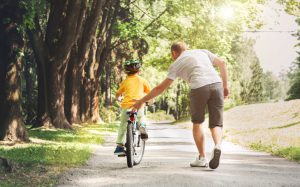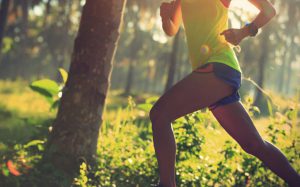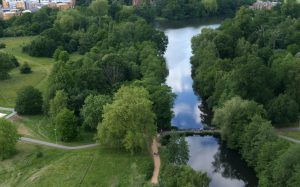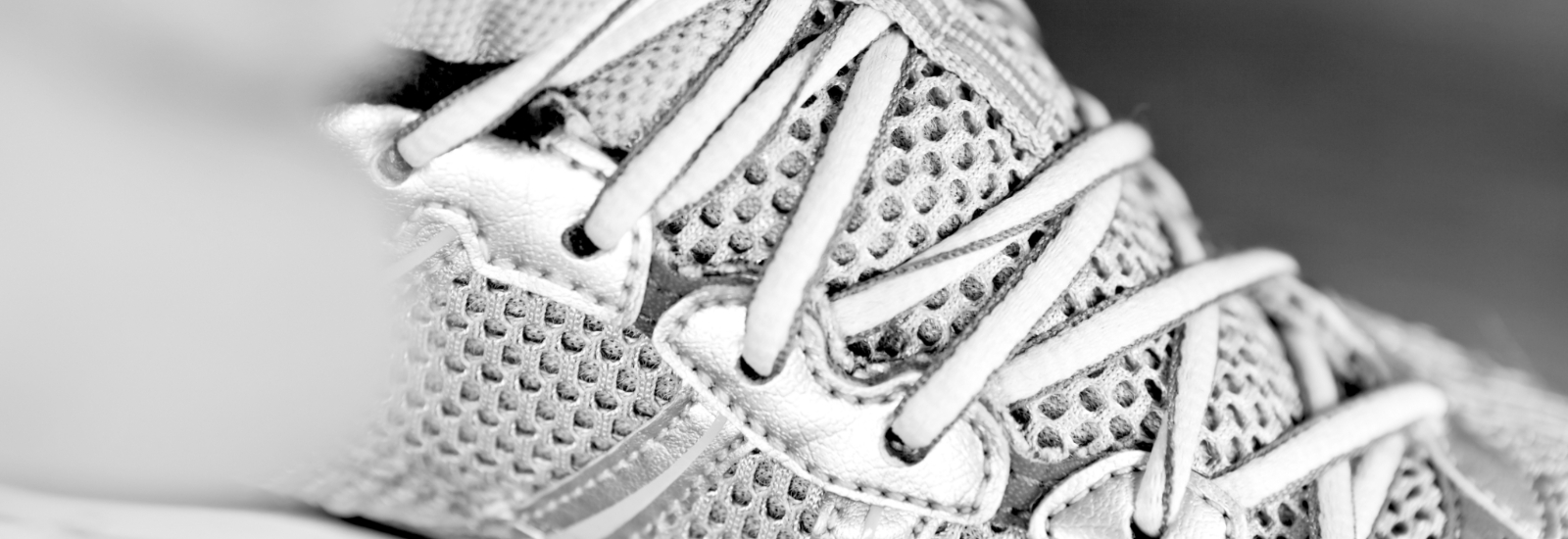Keeping active is vital for our physical and mental wellbeing, especially during lockdown. CONNECTED speaks to Professor Helen Bilton about how to build exercise into children’s routines, and looks at what the University community is doing to encourage physical exercise.
Keeping children active
 With schools now closed and social distancing measures strictly in place, it can be difficult for parents, guardians and carers to know how to keep their children mentally occupied and physically active. Luckily, Professor Bilton, an expert in outdoor education from the University of Reading’s Institute of Education, is offering tips for how parents can build physical exercise into their child’s day.
With schools now closed and social distancing measures strictly in place, it can be difficult for parents, guardians and carers to know how to keep their children mentally occupied and physically active. Luckily, Professor Bilton, an expert in outdoor education from the University of Reading’s Institute of Education, is offering tips for how parents can build physical exercise into their child’s day.
“Exercise classes are all well and good, but for many children their main form of exercise is the less structured play and activity that they are doing across the school day, in the playground or rushing between lessons.
“There are lots of ways that physical activity can be incorporated across the whole of the day rather than only 30 minutes in the morning.”
Professor Bilton provides five crucial ways to keep children active using fun activities and your imagination:
- Stairs (or any form of incline). Walk up and down the stairs and see how puffed out you all get! Challenge yourself to improve the number by the end of the week. Whilst walking up and down, dependent on your child’s age you could: count the steps, recite the Periodic table, practise your times tables, or ask what type of number do I always get when at the top?
- Use this time to help your child achieve something in terms of physical development which they can show or talk about when they get back to school, for example, ride a 2-wheeler bike, catch or bat a ball, skip, hop, run at speed, dress themselves or be potty trained. For a young child it could simply be learning to go up and down the stairs.
- If you don’t have the resources for certain activities, have fun finding ways around it, for example, make a ball by folding two socks or more into each other. Skip without a rope or skip on the spot if you lack space – the same for hopping. Children don’t need the real thing – they can use their imagination too, for example, make a stick become a letter or a cooking pot can become a stand.
- Set up an obstacle course for children to use at their own speed. You could use a rope or a piece of material to walk along, a rope or towel in a circle to jump into and out of, the stairs to crawl up and down as close to the ground as possible, or rolled up socks to throw into a container.
- Try to be open-minded as your attitude will impact on your children. If you are happy to give it a go, then they will be too. Children can get silly when we put too many restrictions on them. We have to be there, be available and be very attentive to danger – particularly for the younger child. Given the regular opportunity, children can achieve extraordinary things.
Around the world in 80 days
Not only are Reading researchers helping to keep families and children active through expert tips, but our students are also taking on physical fitness challenges to keep themselves active and distracted during lockdown, sharing their ideas with the public.

Fifty students from the Reading University Boat Club coaching team are battling boredom and keeping fit during the coronavirus pandemic by rowing, cycling and running around the world in 80 days – virtually of course.
The epic 40,000km challenge sees participants taking it in turns to follow the same course that Michael Palin took in 1988, when he famously followed the route plotted out in Jules Verne’s 1872 novel, Around the World in 80 Days.
Members of the University’s Boat Club – ranging from absolute beginners to Great Britain’s U23 team members – are taking part in the challenge which aims to provide them with a structured fitness regime while their usual training schedules have been disrupted.
Will Rand, the University’s Director of Rowing, said:
“In these testing times, it is important that we continue to support our students to stay physically active and mentally fit. The team are aiming to complete around 500km per day, and we will be using the time each person logs to build up the total.”
“For example, one hour of exercise will equate to 15km, which is what you would expect to do in a boat. Activities like yoga don’t cover any distance, but are still important because it’s good training.
“We’ll be having a weekly round-up of where we have virtually been, and we’re hoping to link that with themes that the students can all join in with so they can feel more connected. So, if we end up in India, we may have an Indian meal and all watch a Bollywood film.”
The team will be plotting their progress on a map, and by the end of their second week, they had already surpassed Palin’s efforts.
Starting in London, the first leg of their virtual journey took them through Folkestone, Innsbruck and Venice. They passed through Athens, followed by Egypt, Saudi Arabia, Qatar and Dubai. At the end of week two they reached Saham, a town on the coast of Oman and in week three, the team spent a large amount of time rowing across the Persian Gulf, finishing in the small seaside town of Kodiakkarai in India.
Their challenge is being supported by famous former club members who have sent good luck video messages. Two-time Olympic gold-medallist Alex Gregory MBE said: “Good luck everyone at RUBC on your round the world challenge – every stroke counts!”
Husband and wife Olympic rowing duo Sam and Tash Townsend also added their support: “Now that the racing calendar has pretty much been cancelled, we just wanted to wish you luck on your round the world challenge. Good luck guys.”
Helping you to exercise
Whilst our student rowers are doing a fantastic job of keeping fit, there are easier ways to stay active during lockdown such as going for a walk, a short run, jog or cycle, or doing your HIIT training outside for half an hour. This is why the University is keeping its beautiful grounds open for the local community and for students and colleagues remaining on campus, to enjoy and use for exercise.
Members of the public in the local area are welcome to use Reading’s green Whiteknights and London Road campuses to walk or run in as long as social distancing measures are met, and respect is shown to those who remain living on campus.

There are many scenic walking routes which can be taken around our Whiteknights campus, as well as a useful guide on running routes put together by Reading University Students’ Union.
Keeping active is crucial to your physical and mental wellbeing during this unprecedented time, so we hope these tips and stories have inspired you and your family of ways to do just that.




